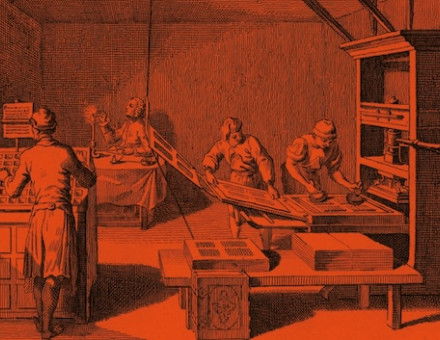Impressions of the Irving Trial
Michael Kustow gives his impressions of the David Irving libel trial against Deborah Lipstadt and Penguin Books, which raises important questions of the nature of historical evidence and its understanding.
At stake in David Irving's libel action against Deborah Lipstadt and Penguin Books was not only Irving's contention that his reputation and livelihood had been harmed, but also a bitter argument about the nature of historical evidence and its interpretation.
Irving has questioned the reality of the Holocaust at a meaningful moment in history. The survivors are dying out; soon there will be no living memory, however impaired, of the atrocity. Three decades of postmodernism have made inroads into the common ground of history, licensing scepticism about our understanding of the past. Finally, a digital information system reaches around the world, enacting in its very process the idea that everything is virtual and simulated. Irving, victim of what he calls "an international endeavour" (he is too canny to call it "a world-wide Jewish conspiracy" though 90 per cent of his cited opponents are Jewish organisations), embraces the Internet, running a vast website. A protagonist absent from the courtroom during the trial, it sported a shameless headline which spoke of "Deborah Lipstadt and her Israeli paymasters".





